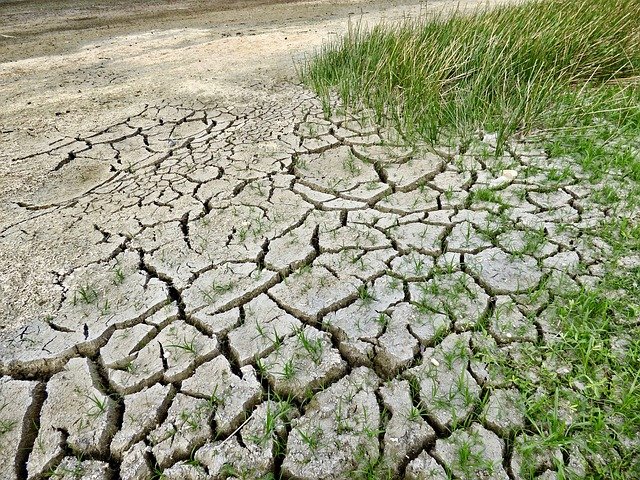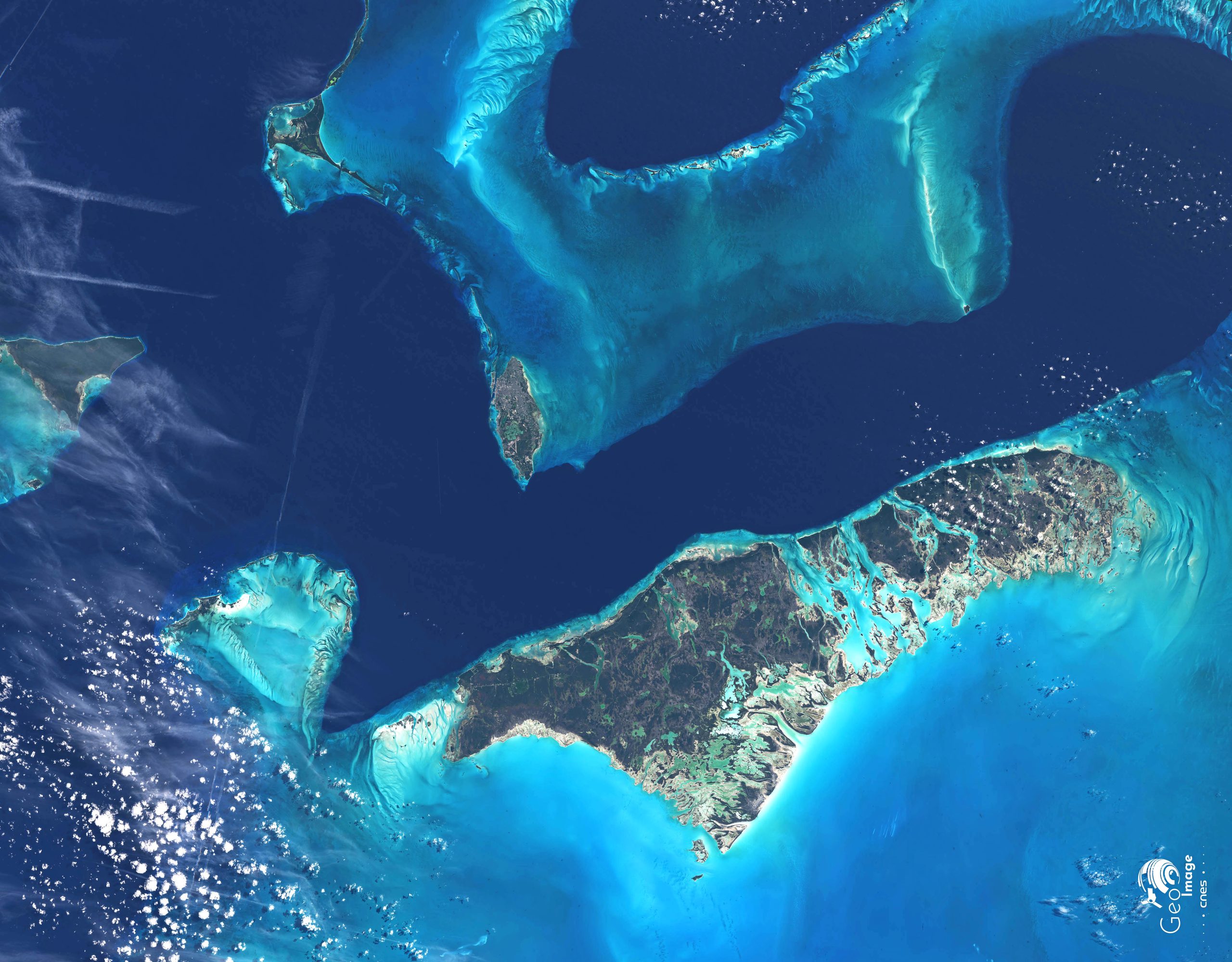





| Cookie | Durée | Description |
|---|---|---|
| cli_user_preference | 1 an | Stocke le statut de consentement des cookies de l'utilisateur. |
| cookielawinfo-checkbox-advertisement | 1 an | Ce cookie est installé par le module de bannière de cookies. Il est utilisé pour enregistrer le consentement de l'utilisateur pour les cookies de type "Publicitaires". |
| cookielawinfo-checkbox-analytics | 1 an | Ce cookie est installé par le module de bannière de cookies. Il est utilisé pour enregistrer le consentement de l'utilisateur pour les cookies de type "Statistiques". |
| cookielawinfo-checkbox-necessary | 1 an | Ce cookie est installé par le module de bannière de cookies. Il est utilisé pour enregistrer le consentement de l'utilisateur pour les cookies de type "Nécessaire". |
| CookieLawInfoConsent | 1 an | Utilisé pour stocker votre consentement à l’utilisation des cookies |
| PHPSESSID | 1 mois | Ce cookie est installé par les applications PHP. Le cookie est utilisé pour stocker et identifier l'ID de session unique de l'utilisateur afin de gérer la session de l'utilisateur sur le site Internet. Ce cookie est un cookie de session et sera supprimé lorsque toutes les fenêtres du navigateur seront fermées. |
| pll_language | 1 an | Le cookie pll _language est utilisé par Polylang pour se souvenir de la langue sélectionnée par l'utilisateur lorsqu'il revient sur le site Web, et également pour obtenir les informations relatives à la langue lorsqu'elles ne sont pas disponibles d'une autre manière. |
| viewed_cookie_policy | 1 an | Ce cookie est installé par le module de bannière de cookies, il est utilisé pour enregistrer le fait que vous ayez ou non accepté l'utilisation de cookies. Il ne stocke aucune information personnelle. |
| Cookie | Durée | Description |
|---|---|---|
| cli_user_preference | 1 year | Stores the status of the user's cookie consent. |
| cookielawinfo-checkbox-advertisement | 1 year | The cookie is set by GDPR cookie consent to record the user consent for the cookies in the category "Advertisement". |
| cookielawinfo-checkbox-analytics | 1 year | This cookies is set by GDPR Cookie Consent WordPress Plugin. The cookie is used to remember the user consent for the cookies under the category "Analytics". |
| cookielawinfo-checkbox-necessary | 1 year | This cookie is set by GDPR Cookie Consent plugin. The cookies is used to store the user consent for the cookies in the category "Necessary". |
| CookieLawInfoConsent | 1 year | The cookie is set by the GDPR Cookie Consent plugin and is used to store whether or not user has consented to the use of cookies. It does not store any personal data. |
| PHPSESSID | 1 month | This cookie is native to PHP applications. The cookie is used to store and identify a users' unique session ID for the purpose of managing user session on the website. The cookie is a session cookies and is deleted when all the browser windows are closed. |
| pll_language | 1 year | The pll _language cookie is used by Polylang to remember the language selected by the user when returning to the website, and also to get the language information when not available in another way. |
| viewed_cookie_policy | 1 year | The cookie is set by the GDPR Cookie Consent plugin and is used to store whether or not user has consented to the use of cookies. It does not store any personal data. |
| Cookie | Durée | Description |
|---|---|---|
| _ga | 13 mois | Ces cookies sont installés par Google Universal Analytics pour ralentir le taux de demande afin de limiter la collecte de données sur les sites à fort trafic. |
| _ga_VPFH7RRNKZ | 2 ans | Ce cookie est installé par Google Analytics. Le cookie est utilisé pour enregistrer vos visites et suivre votre utilisation du site, à des fins de mesures statistiques et de mesure d'audience. Le cookie stocke des informations anonymes et assigne un nombre aléatoire pour identifier les visiteurs uniques. |
| _ga_WMB4K6EZ2C | 2 ans | Ce cookie est installé par Google Analytics. Le cookie est utilisé pour enregistrer vos visites et suivre votre utilisation du site, à des fins de mesures statistiques et de mesure d'audience. Le cookie stocke des informations anonymes et assigne un nombre aléatoire pour identifier les visiteurs uniques. |
| _gat | 1 minute | Ces cookies sont installés par Google Universal Analytics pour ralentir le taux de demande afin de limiter la collecte de données sur les sites à fort trafic. |
| _gid | 1 day | Ce cookie est installé par Google Analytics. Le cookie est utilisé pour stocker des informations sur la façon dont les visiteurs utilisent un site Web et aide à créer un rapport d'analyse sur la façon dont le site Web fonctionne. Les données collectées, y compris le nombre de visiteurs, la source d'où ils viennent et les pages visitées sous une forme anonyme. |
| Cookie | Durée | Description |
|---|---|---|
| __Secure-3PAPISID, __Secure-3PSID, __Secure-3PSIDCC, APISID, HSID, LOGIN_INFO, PREF, SAPISID, SID, SIDCC, SSID | 1 an | Google définit un certain nombre de cookies sur toute page contenant une vidéo Youtube. Ils semblent inclure un mélange d'informations pour mesurer le nombre et le comportement des utilisateurs de Youtube, y compris des informations qui relient vos visites sur notre site Web à votre compte Google si vous êtes connecté. |
| CONSENT | 16 ans 8 mois 17 jours 12 heures | Ce cookie est utilisé par Youtube pour enregistrer votre consentement. |
| VISITOR_INFO1_LIVE | 5 mois 27 jours | Ce cookie est défini par Youtube. Utilisé pour suivre les informations des vidéos YouTube intégrées sur un site Web. |
| YSC | session | Ces cookies sont définis par Youtube et sont utilisés pour suivre les vues des vidéos intégrées. |
| Cookie | Durée | Description |
|---|---|---|
| VISITOR_INFO1_LIVE | 5 months 27 days | A cookie set by YouTube to measure bandwidth that determines whether the user gets the new or old player interface. |
| YSC | session | YSC cookie is set by Youtube and is used to track the views of embedded videos on Youtube pages. |
| yt-remote-connected-devices | never | YouTube sets this cookie to store the video preferences of the user using embedded YouTube video. |
| yt-remote-device-id | never | YouTube sets this cookie to store the video preferences of the user using embedded YouTube video. |
| Cookie | Durée | Description |
|---|---|---|
| _ga | 2 years | This cookie is installed by Google Analytics. The cookie is used to calculate visitor, session, campaign data and keep track of site usage for the site's analytics report. The cookies store information anonymously and assign a randomly generated number to identify unique visitors |
| _ga_VPFH7RRNKZ | 2 ans | This cookie is installed by Google Analytics. The cookie is used to record your visits and follow your use of the site, for statistical measures and audience measurement. The cookie stores anonymous information and assigns a random number to identify unique visitors. |
| _ga_WMB4K6EZ2C | 2 ans | This cookie is installed by Google Analytics. The cookie is used to record your visits and follow your use of the site, for statistical measures and audience measurement. The cookie stores anonymous information and assigns a random number to identify unique visitors. |
| CONSENT | 2 years | YouTube sets this cookie via embedded youtube-videos and registers anonymous statistical data. |

